Learn More About Our Geothermal Pilot
Our pilot in Framingham is the first of its kind in New England, and will be an innovative way to provide clean and sustainable heating and cooling for customers.
Innovating for the futureInformation on this page is for customers in
{{ town-name }}
A special event celebrating the creativity and innovation of students

We partnered with the Fuller Middle School in Framingham on March 2, 2023 to host a program designed to encourage girls to explore the areas of engineering and science, and to help address the gender gap in the STEM fields.
We celebrated the creativity and innovation of the students as they applied math and science concepts to learn the heating and cooling principles involved in geothermal technology, which is being developed at utility scale right in their own city.
A group of female engineers and scientists from Eversource worked directly with the students as mentors to conduct an experiment that demonstrated the concept of heat transfer – a scientific process integral to our innovative geothermal pilot.
Each team, consisting of about five students and one mentor, was required to cool a can of soda to the lowest temperature in an allotted amount of time using a variety of materials including ice, salt, aluminum foil and small coolers. The students were challenged to work as a team and think creatively with a budget for the best result possible.
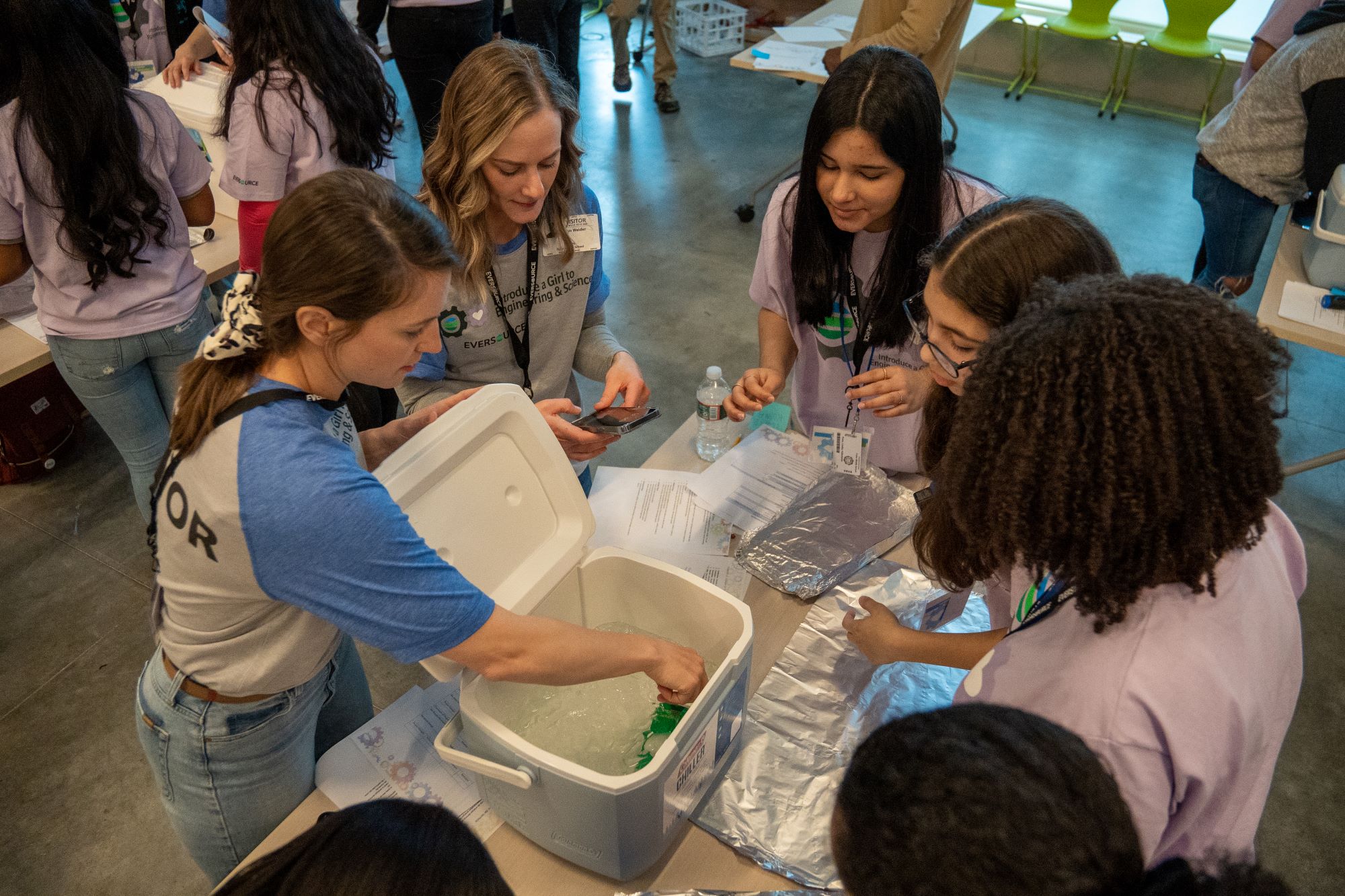
Above is one of the winning teams, Era do Gelo - Portuguese for "Ice Age", lead by Senior Specialist, Environmental Remediation Kaitlyn Weider and Lead Engineer, Gas Project Engineering Nicole Karinchak.
A panel of distinguished judges - six female professionals in the field of clean energy, environmental science, meteorology and state government (bios below) - evaluated the teams and experiments on not only the cooling of the can, but also in additional criteria of creativity, motivation, teamwork and independence.
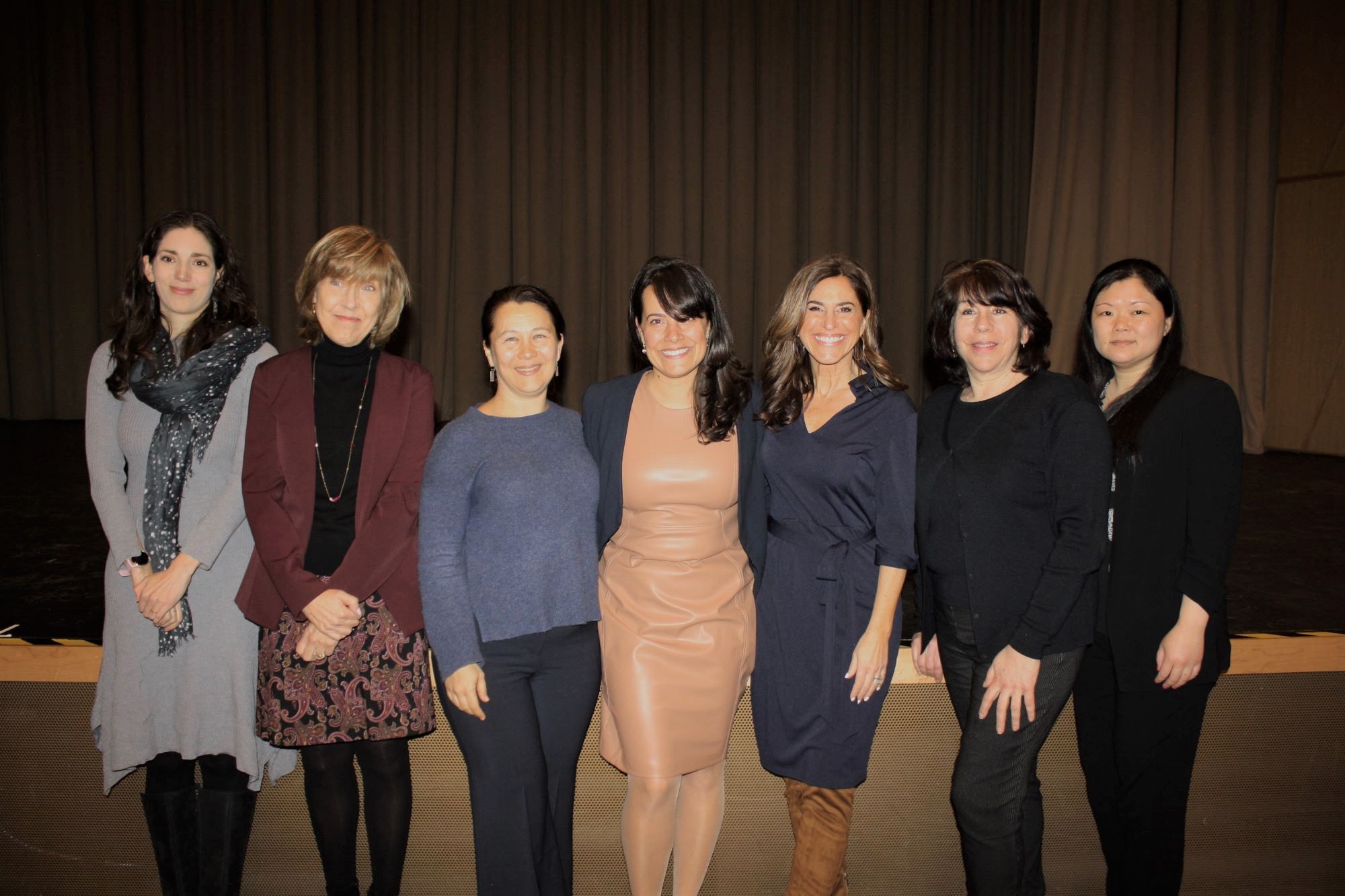
Among those in attendance for the event were, from left to right: State Representative Priscilla Sousa, School Superintendent Dr. Robert Tremblay, City Councilor Janet Lembruno, School Committee Member Jennifer Moshe, Mayor Charles Sisitsky and School Committee Member William LaBarge.
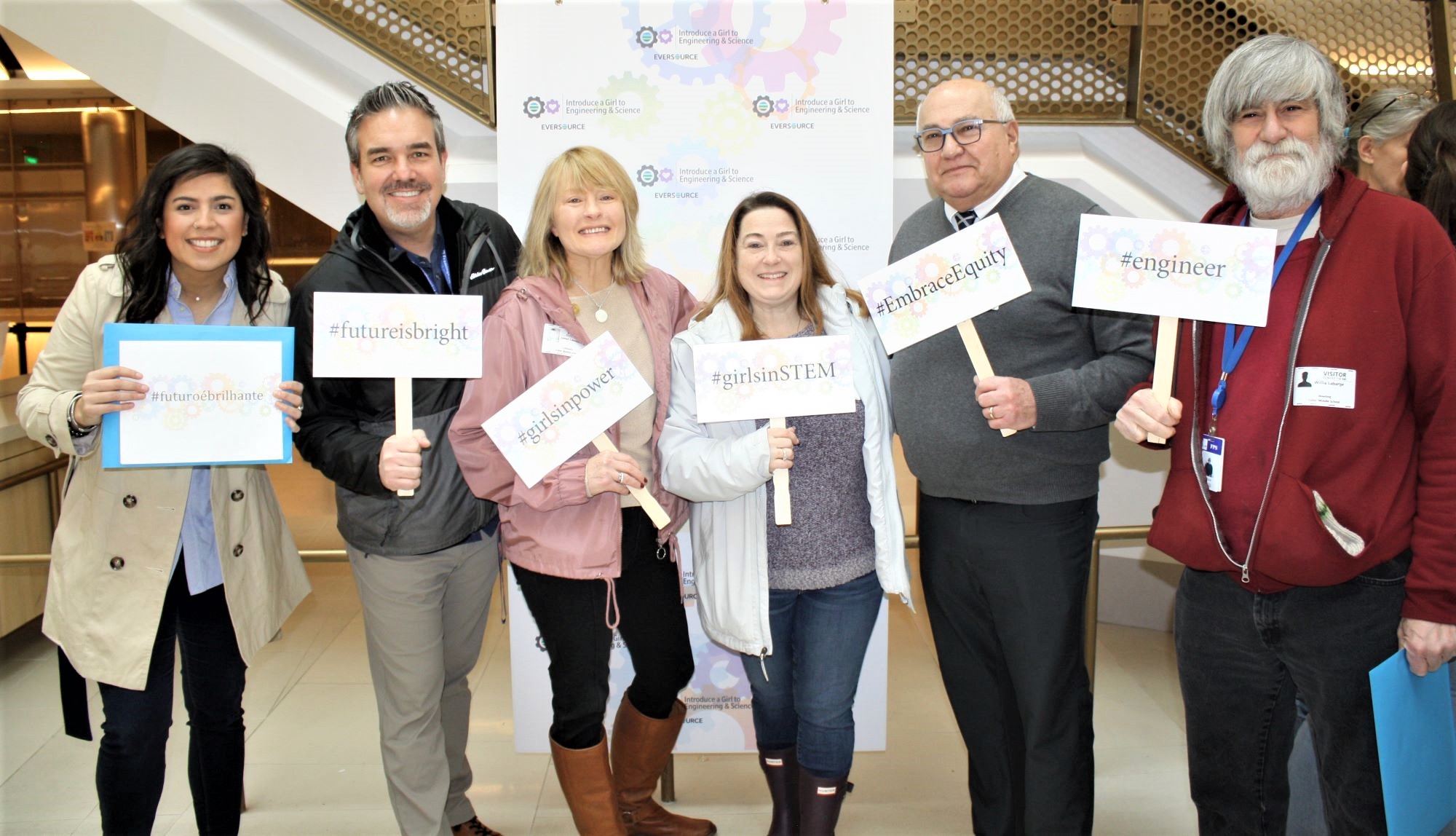
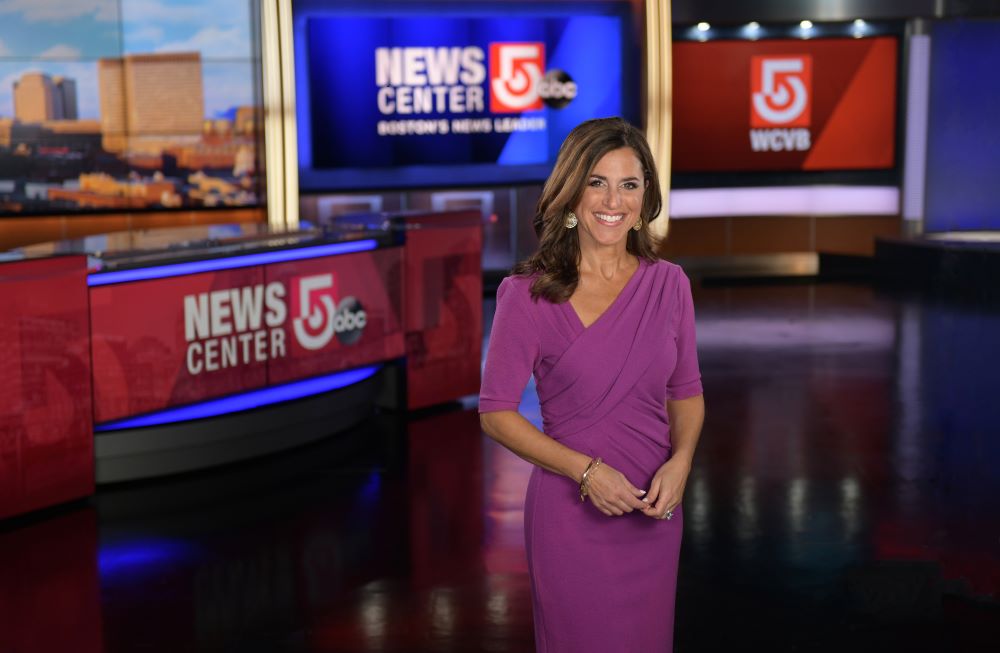 Cindy Fitzgibbon is chief meteorologist for WCVB StormTeam 5, overseeing the station’s weather coverage and leading Channel 5’s talented team of meteorologists.
Cindy Fitzgibbon is chief meteorologist for WCVB StormTeam 5, overseeing the station’s weather coverage and leading Channel 5’s talented team of meteorologists.
An expert and award-winning meteorologist with more than 25 years of experience, 20 of them reporting weather in the Boston market, Cindy has been helping people start their day as StormTeam 5’s EyeOpener and Midday meteorologist for nearly a decade.
Cindy is also the principal meteorologist for WCVB’s “Forecasting Our Future” special ongoing coverage. This important initiative, launched by WCVB parent company Hearst Television, addresses issues Americans face in navigating changing weather patterns and their impact on local communities and economies.
You can read Cindy's full bio at wcvb.com.
The judges evaluated each team and their heat transfer projects throughout the event on a five-point scale in several different categories. Awards were presented at the end.
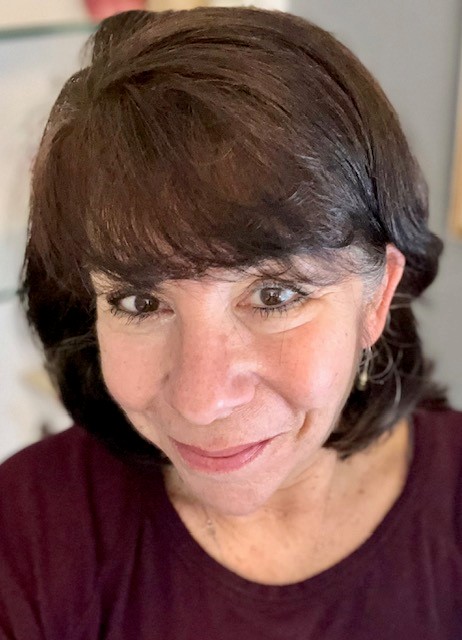 Assistant Attorney General, Energy and Telecommunications Division, Massachusetts Office of the Attorney General
Assistant Attorney General, Energy and Telecommunications Division, Massachusetts Office of the Attorney General
Jo Ann has represented clients as an attorney for over 20 years.
Prior to joining the AG’s office, she worked with a litigation firm concentrating on energy law. She served as primary counsel for the Cape Light Compact and provided representation before the Energy Efficiency Advisory Council and the Department of Public Utilities.
In the AG’s office, Jo Ann focuses on issues relating to energy ratepayer advocacy, energy efficiency, and the Commonwealth’s transition away from fossil fuels. Jo Ann received her J.D. from St. John’s University School of Law.
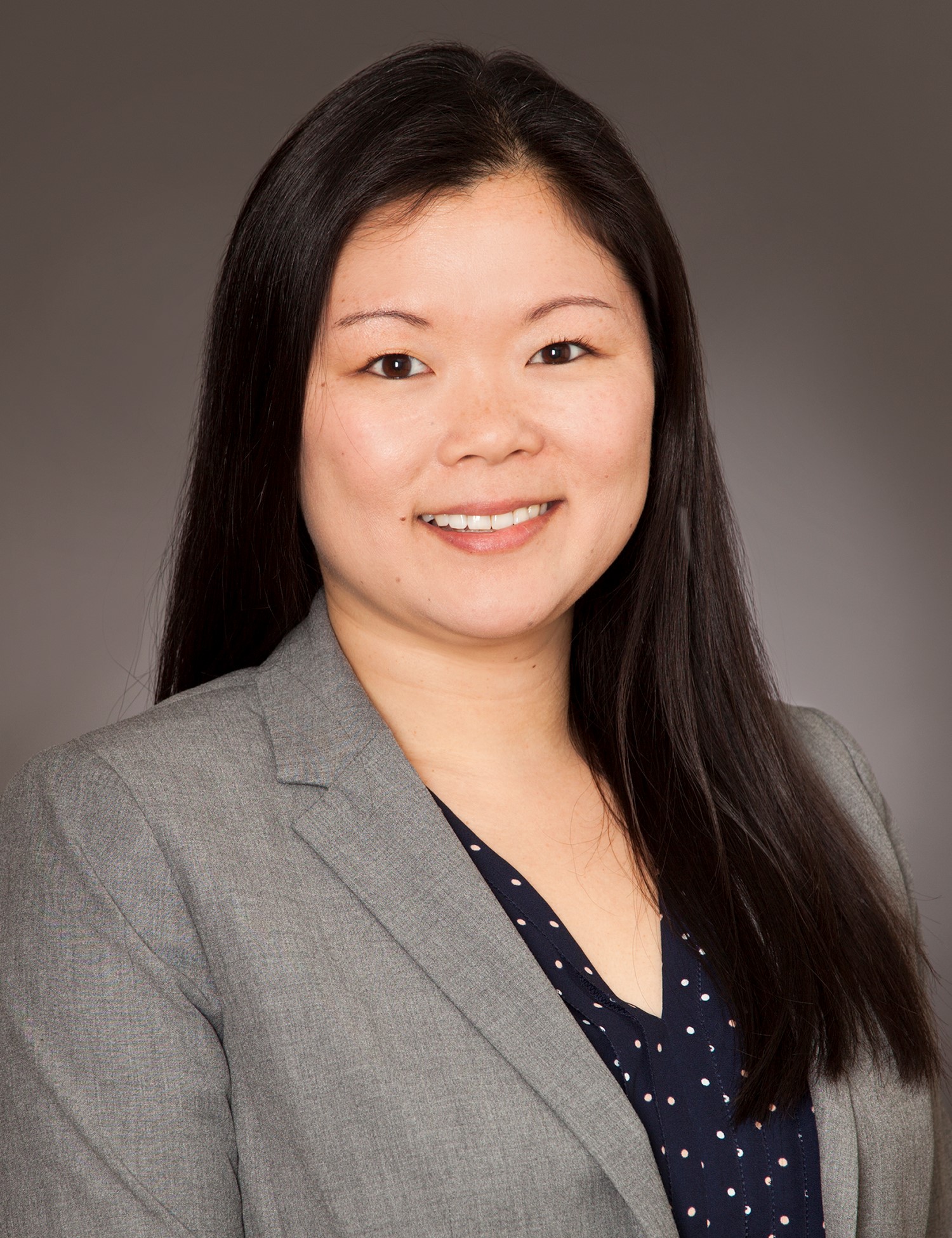 Special Assistant Attorney General, Energy and Telecommunications Division, Massachusetts Office of the Attorney General
Special Assistant Attorney General, Energy and Telecommunications Division, Massachusetts Office of the Attorney General
As an attorney in the AG’s office, Kelly works on a variety of state and federal matters with a focus on clean energy issues including distributed energy resources and building decarbonization.
Prior to joining the AG’s office, Kelly worked as an administrative law and litigation attorney at Foley Hoag LLP which represents commercial clients in industries of life sciences, health care, technology, and energy/renewables, among others. She received her J.D. from Boston University School of Law.
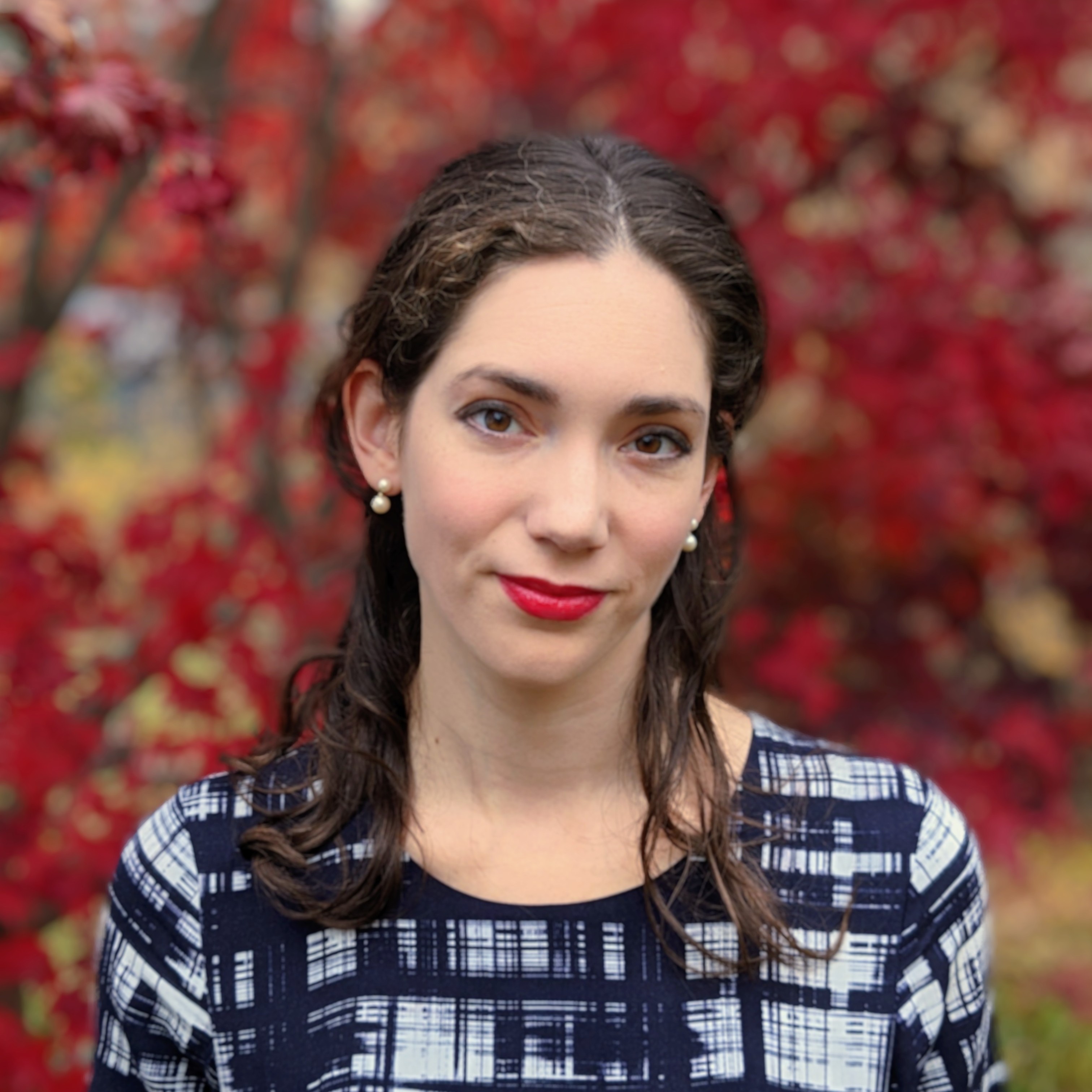 Senior Program Director for Technology Development, Massachusetts Clean Energy Center
Senior Program Director for Technology Development, Massachusetts Clean Energy Center
Ariel directs MassCEC’s market development work related to grid modernization, energy storage, resiliency and clean transportation. She also oversees much of MassCEC’s work supporting commercialization of new energy innovations by researchers and early-stage companies.
Ariel joined MassCEC from Synapse Energy Economics, where she provided expert witnessing services and analytical support to clients including US Environmental Protection Agency and state regulators. She holds a PhD in Chemical Engineering from Tufts University.
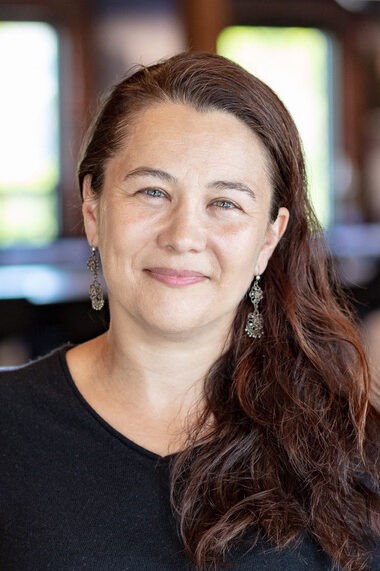 Co-Executive Director, Home Energy Efficiency Team (HEET)
Co-Executive Director, Home Energy Efficiency Team (HEET)
Zeyneb and her team at HEET work to partner with gas utilities like Eversource to bring sustainable, renewable energy solutions – like geothermal – to customers in the region while cutting carbon and lowering bills.
Before entering the sustainability world, Zeyneb led a team at Harvard University that developed several technological solutions to global health challenges in the developing world including in Thailand, South Africa, Brazil, Senegal, and Botswana. She studied physics at Brown University and global health and sustainability at Harvard.
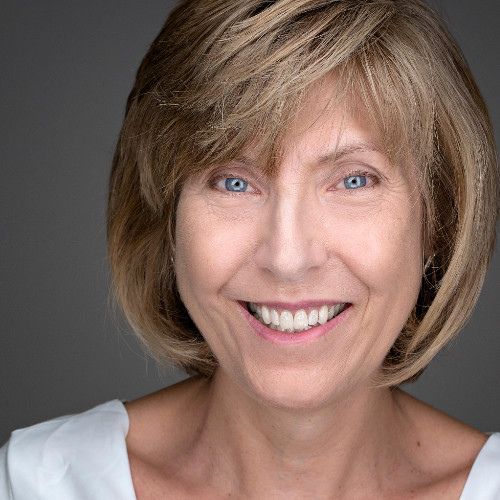 District and Special Projects Director, Office of Massachusetts Senate President Karen E. Spilka
District and Special Projects Director, Office of Massachusetts Senate President Karen E. Spilka
Susan is long-time leader in the non-profit sector with extensive experience supporting economic development, governance, sustainability, local education in Framingham, and “future philanthropists”.
She was honored with the “Women Making History Now” Award in 2017 by Framingham State University, and the “MetroWest Spirit” Award in 2013 by MetroWest Visitors Bureau. She began her work in public service in state government in 2018. In 2022, Susan served as Chief of Staff to Mayor Charlie Sisitsky of Framingham.
Female engineers and scientists from Eversource worked directly with the students as mentors to conduct an experiment that demonstrates the concept of heat transfer, a scientific process that is integral to our geothermal pilot.
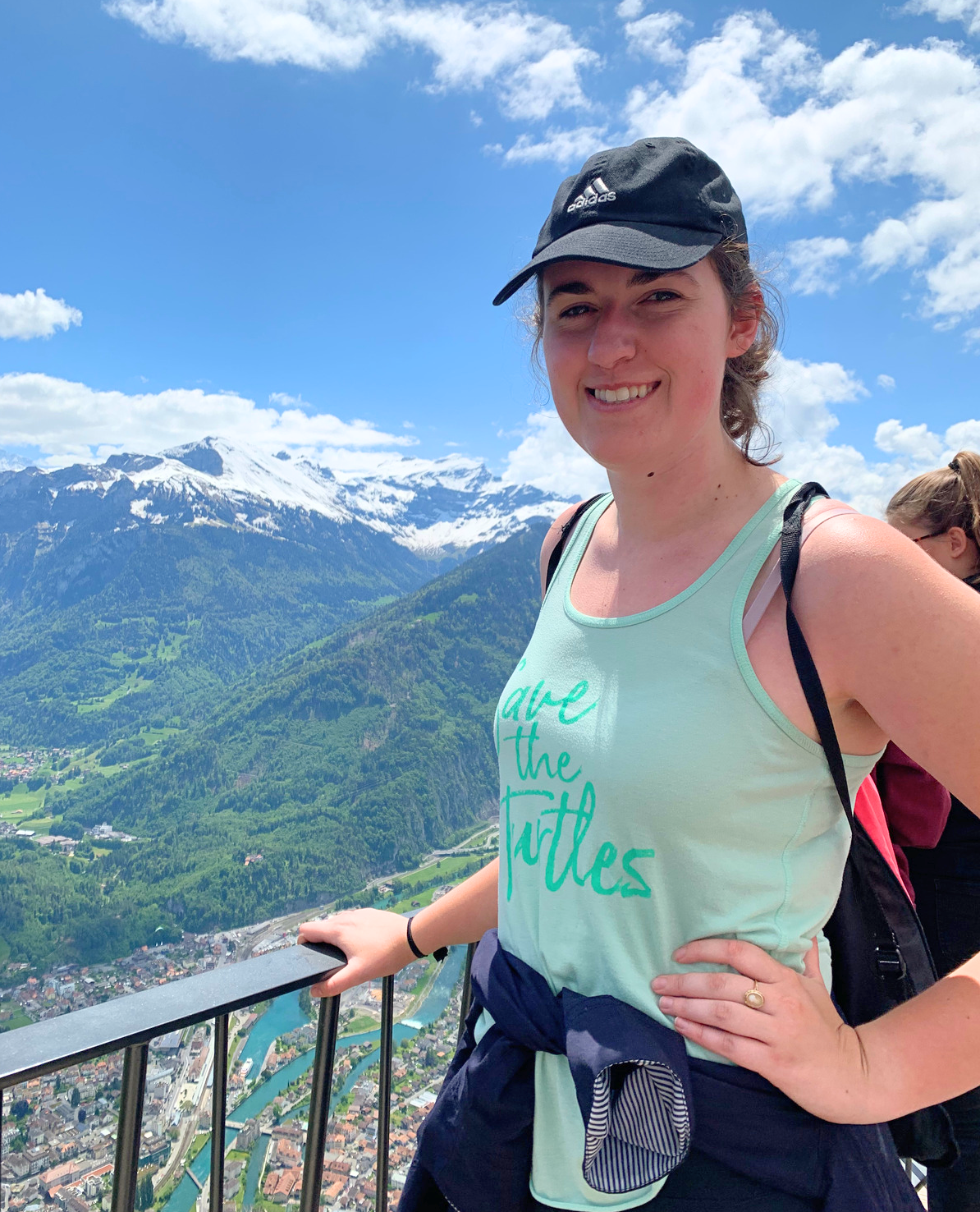
BS in Mechanical Engineering from Worcester Polytechnic Institute; MBA and MS in Engineering from the University of Hartford
What (or who) inspired you to pursue STEM in school and/or as a career?
It was a mix. My father’s an engineer and I loved talking to him about what he did at work. And in my high school, I took a technical science class that involved hands-on projects. One time we made an oven out of tin foil, insulation, and cellophane and tried to bake cookies in the sun. Mine melted more than cooked, but I loved the class and that's where I started to combine my interest in science and my thinking around what I wanted to pursue as a career.
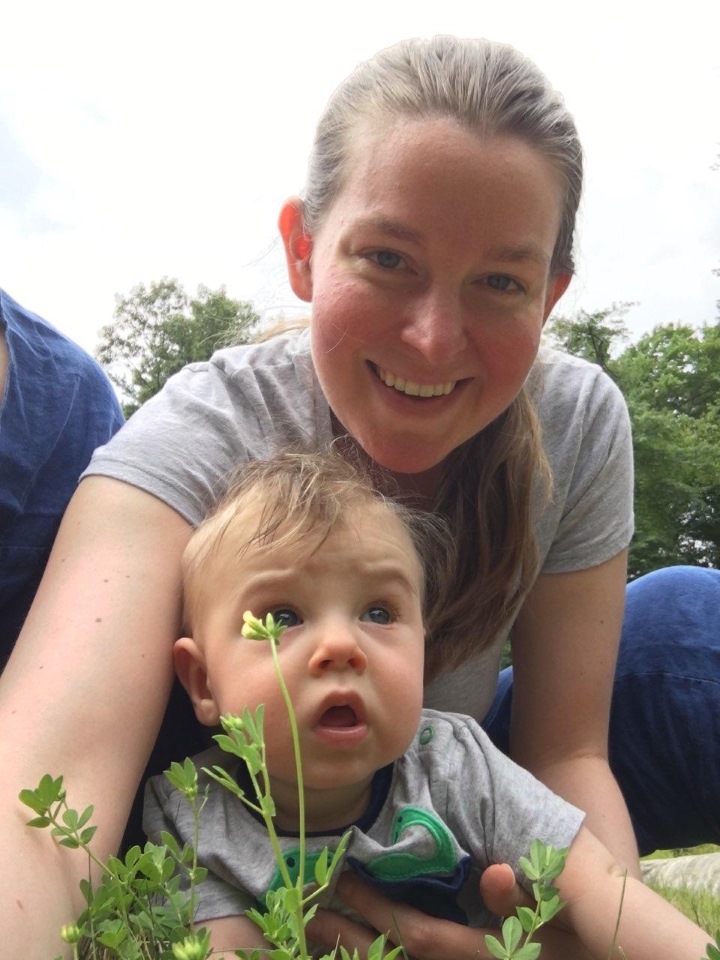
BS in Mechanical Engineering with a minor in Chinese Language from Massachusetts Institute of Technology; MS in Mechanical Engineering with a concentration in thermal/fluid systems from the University of Texas at Austin
What (or who) inspired you to pursue STEM in school and/or as a career?
I always enjoyed my math and science classes in school. There I felt like I was learning new things and working on how to solve increasingly complex problems. I still feel that way in my career; I am frequently inspired working with my team to solve problems every day.
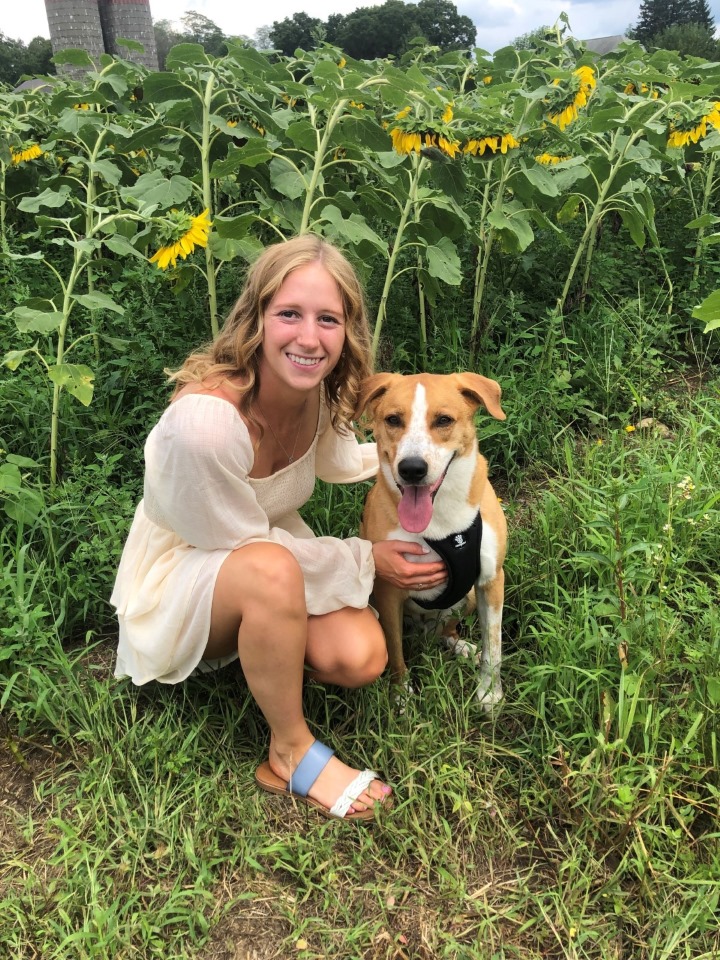 BS in Chemical Engineering, minor in Math from University of Massachusetts Lowell
BS in Chemical Engineering, minor in Math from University of Massachusetts Lowell
What (or who) inspired you to pursue STEM in school and/or as a career?
Understanding math and solving equations always came naturally to me. I also enjoyed the problem-solving involved in my science classes. In middle school, I was interested in becoming a teacher, but then in high school I was introduced to chemistry labs that involved hands-on experiments and I was hooked.
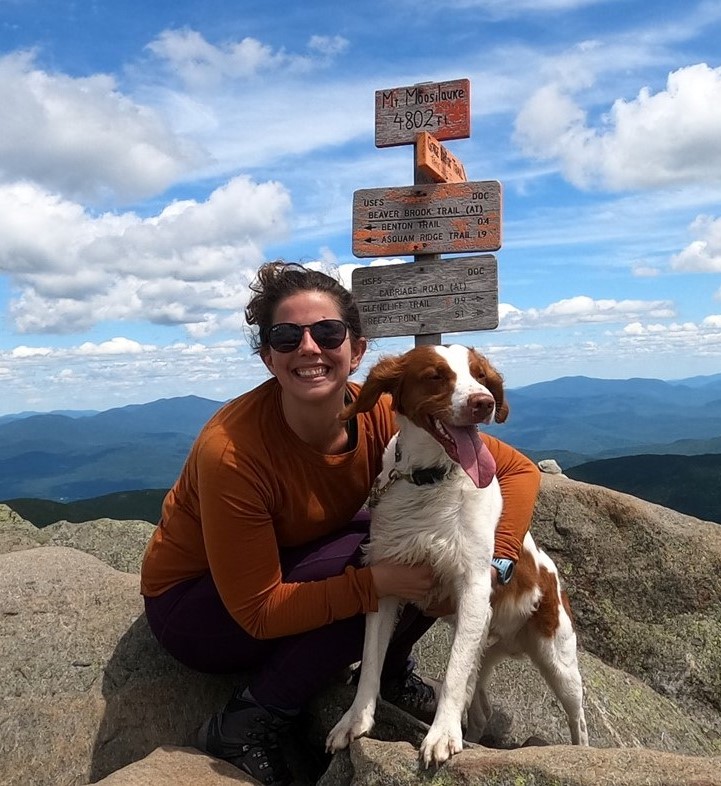 BS in Environmental Science from University of Massachusetts Boston
BS in Environmental Science from University of Massachusetts Boston
What (or who) inspired you to pursue STEM in school and/or as a career?
I knew I always wanted to make an impact bigger than myself, while also helping others. Great science professors in college and time working in the STEM field helped me focus in on the growing environmental challenge that calls to me: how can we lessen our impact on the environment with the way we produce and get rid of our trash/waste? I strive every day to do my part to help others and the environment.
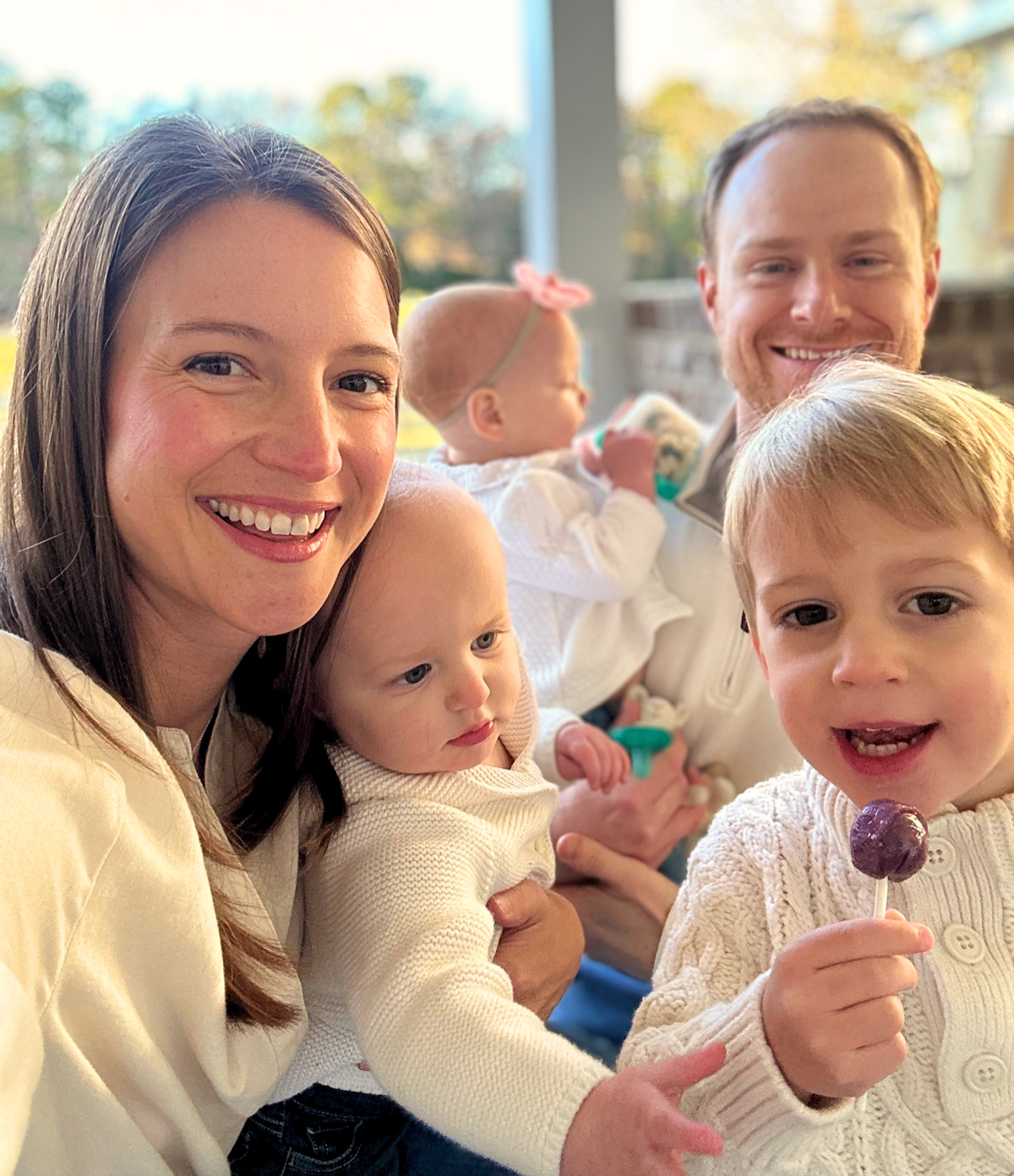 BS in Civil Engineering from Manhattan College; MS in Ocean Engineering from Florida Institute of Technology; MBA from Southern New Hampshire University
BS in Civil Engineering from Manhattan College; MS in Ocean Engineering from Florida Institute of Technology; MBA from Southern New Hampshire University
What (or who) inspired you to pursue STEM in school and/or as a career?
One of my teachers knew I had a variety of interests and encouraged me to pursue engineering because I could have opportunities almost anywhere.
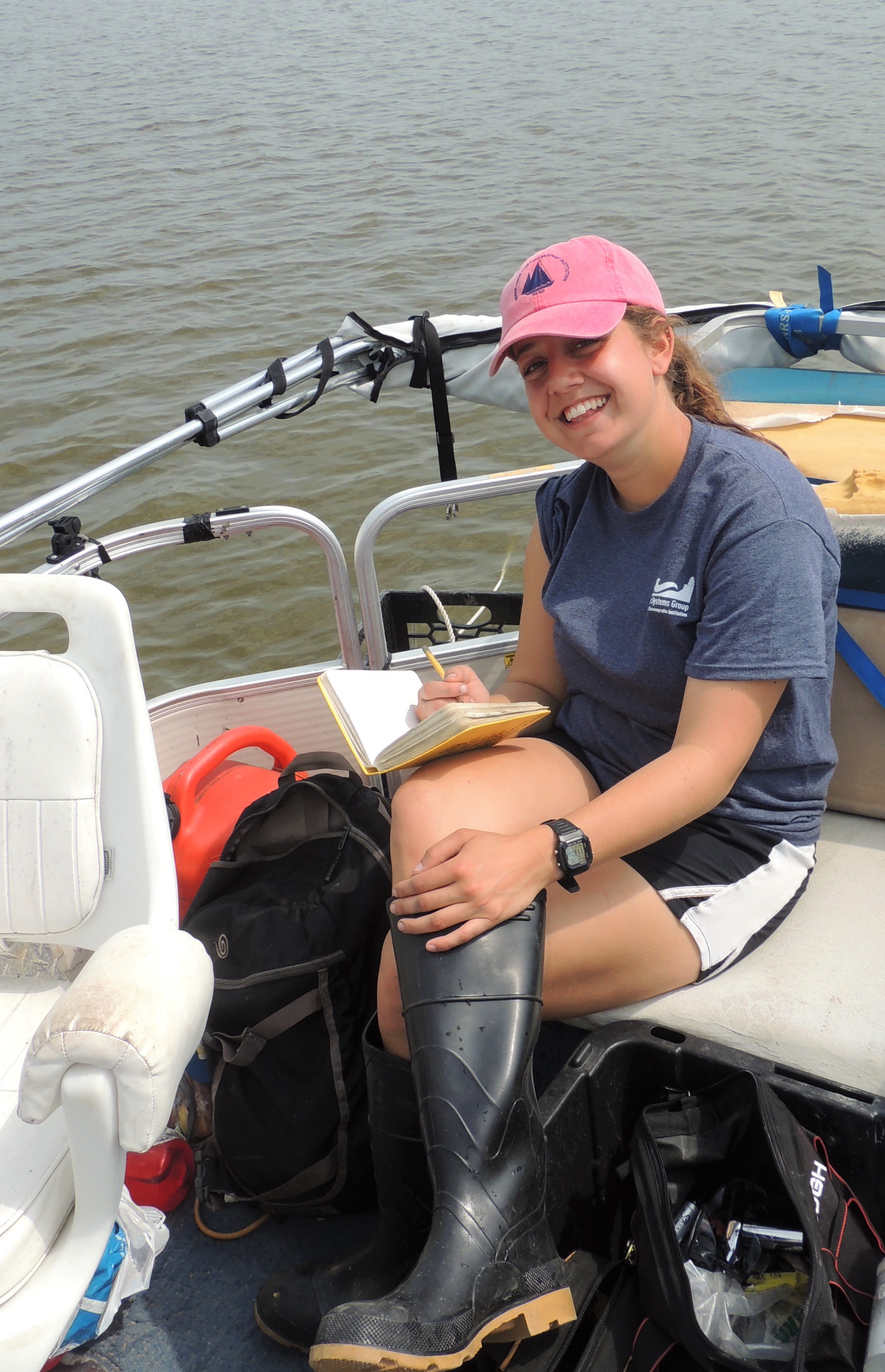 BS in Environmental Science with a concentration in Geology from Northeastern University
BS in Environmental Science with a concentration in Geology from Northeastern University
What (or who) inspired you to pursue STEM in school and/or as a career?
I was always drawn to science classes in school; I liked finding solutions to problems, but I didn’t know which kind of science I liked best. In college I had an environmental science professor who sparked my passion for studying the environment. He taught me that environmental science employs almost all concentrations: chemistry, biology, geology, physics, etc. I went on a group study-abroad trip with him to Iceland to study geology. It was so cool! We hiked a lot and slept in a tent for weeks. One night it was so windy I thought the tent was going to lift up and take me away. It started my love for field work.
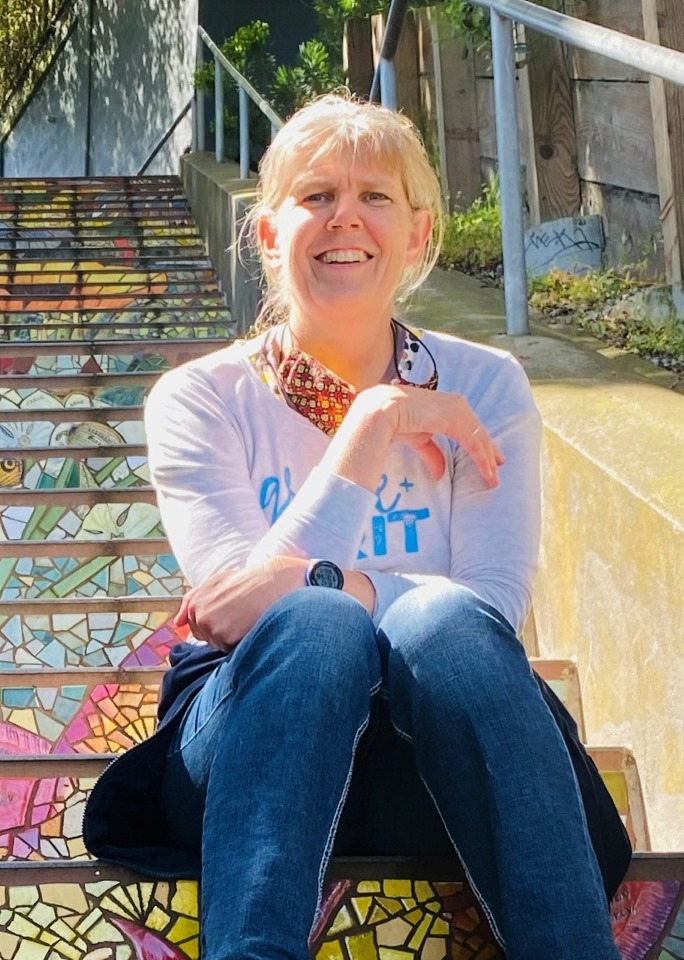 BS in Forestry from University of Massachusetts, Amherst; MS in Geochemical Systems from University of New Hampshire, Durham
BS in Forestry from University of Massachusetts, Amherst; MS in Geochemical Systems from University of New Hampshire, Durham
What (or who) inspired you to pursue STEM in school and/or as a career?
In school, I liked that science was tangible. You could see plants grow in biology class or watch chemicals react in chemistry class. I had fun with the process of solving science puzzles. I was particularly drawn to ecology – the study of the relation of organisms to one another and their environment. In college, my graduate student advisor, who was a pioneer in the geological sciences, provided me with incredible academic and adventure opportunities as part of my research. I even got the opportunity to visit the ocean floor at a depth of 2,500 meters (8,200 feet) in a small submarine. Experiences like these fed my passion for preserving and restoring nature.
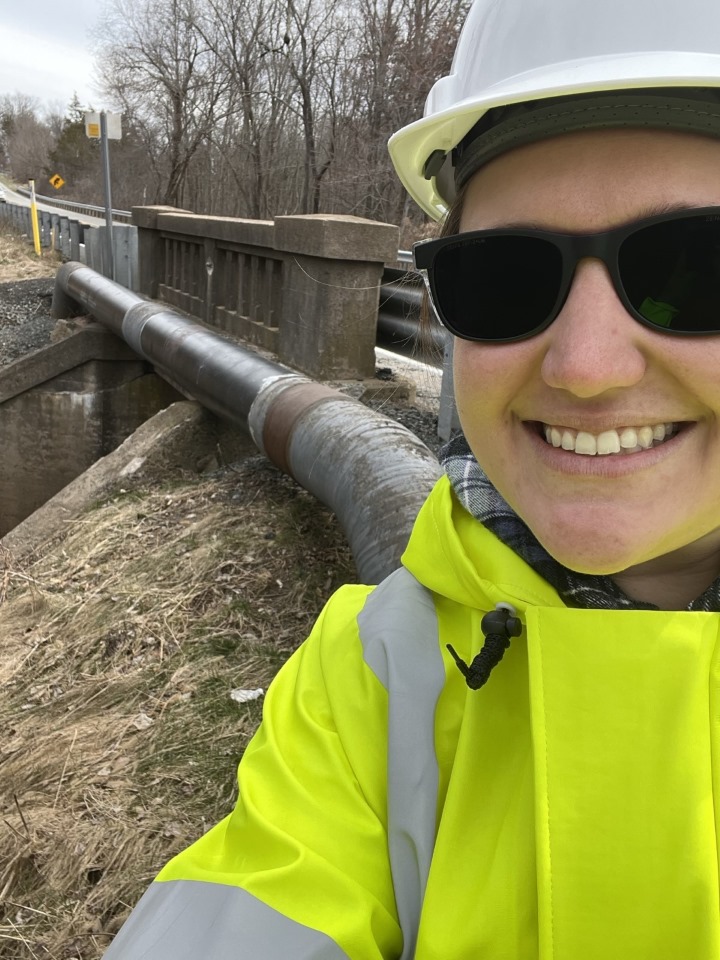 BS in Mechanical Engineering and MS in Mechanical Engineering from UConn
BS in Mechanical Engineering and MS in Mechanical Engineering from UConn
What (or who) inspired you to pursue STEM in school and/or as a career?
When I was finishing middle school, my math and science teachers recognized I was an excellent and curious student and encouraged me to apply to a special program that included an engineering class in the high school. The program was mostly populated with boys, so they had an initiative to find interested girls to join. Before that, I didn’t’ know what an engineer was! In the program, I learned about the science of engineering and the variety of career paths I could take with that education. That inspired me to research engineering programs for college.
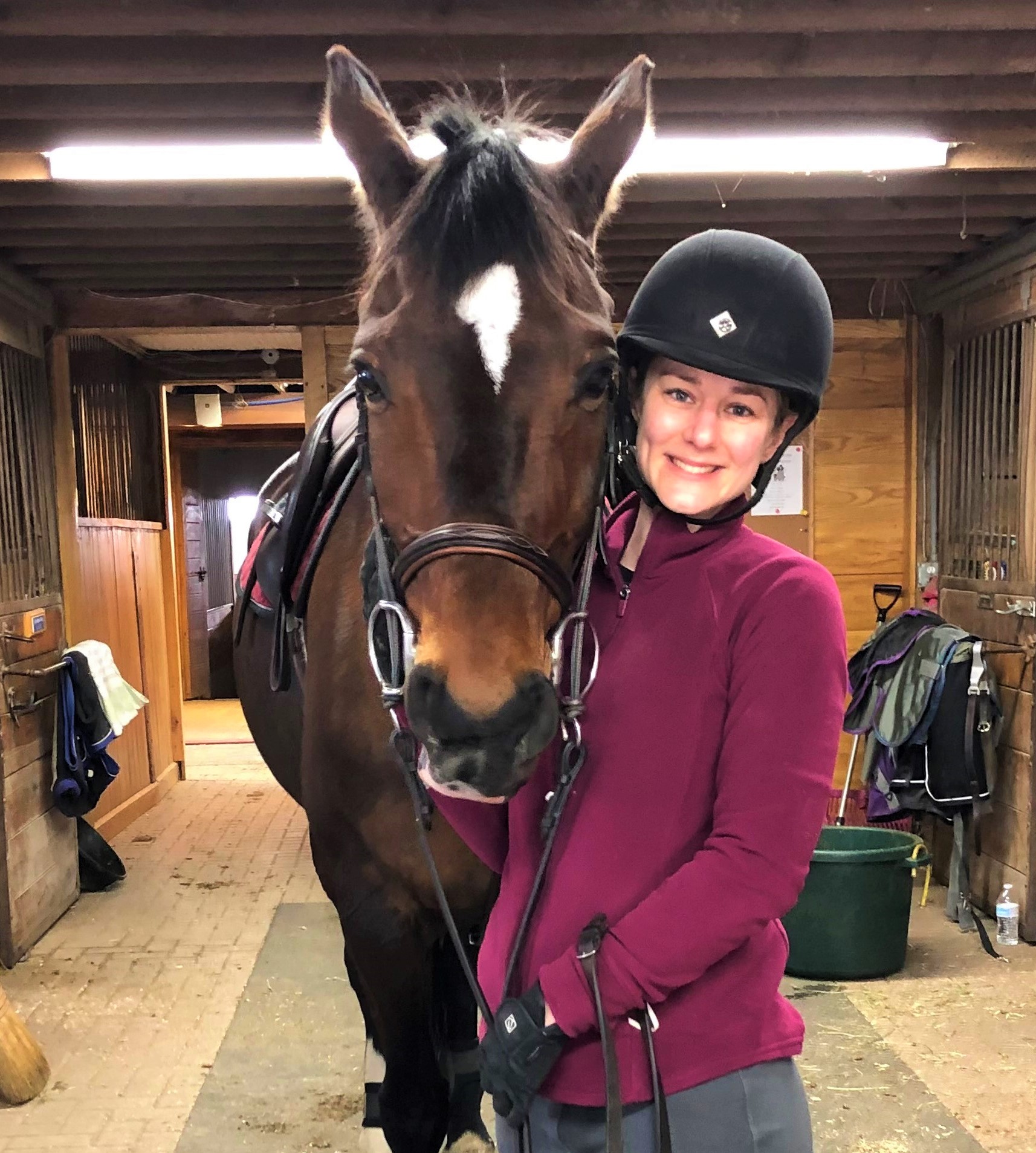
BS in Environmental Science from University of Albany; MS in Hydrogeology from University of Massachusetts Amherst
BS in Environmental Science from University of Albany; MS in Hydrogeology from University of Massachusetts Amherst
What (or who) inspired you to pursue STEM in school and/or as a career?
When I was in 7th grade, my science teacher would sometimes roll a TV into the classroom and play us episodes of 'The Crocodile Hunter'. I became obsessed with Australian wildlife educator Steve Irwin and his show. His love for nature, saving animals, and the environment inspired me to follow science in my career.
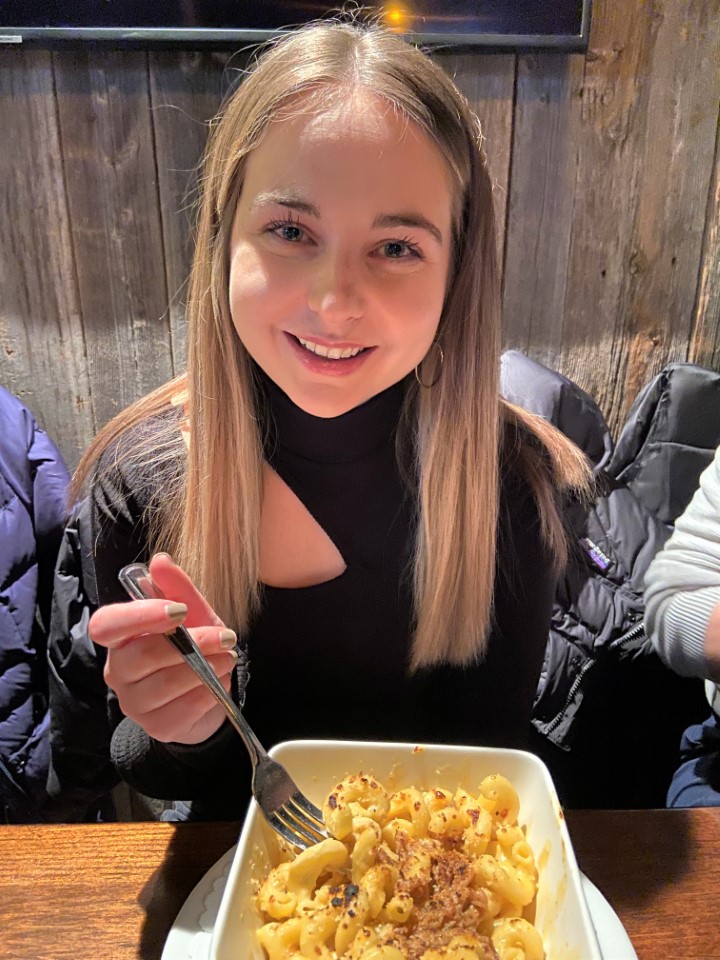 BS in Chemical Engineering, minor in Environmental Engineering from University of Rochester
BS in Chemical Engineering, minor in Environmental Engineering from University of Rochester
What (or who) inspired you to pursue STEM in school and/or as a career?
Ever since I was little, everyone always told me I would become an engineer because of the way I think and process things; I liked doing puzzles and building things with blocks. But, as a kid, I thought only boys were engineers. Then, in high school, I took a chemistry class and fell in love with it. I liked the science but didn’t like the lab work, so I signed up for an Intro to Engineering class. The teacher was female and there were several other girls in the class with me. It was the first time I realized science wasn’t just for boys.
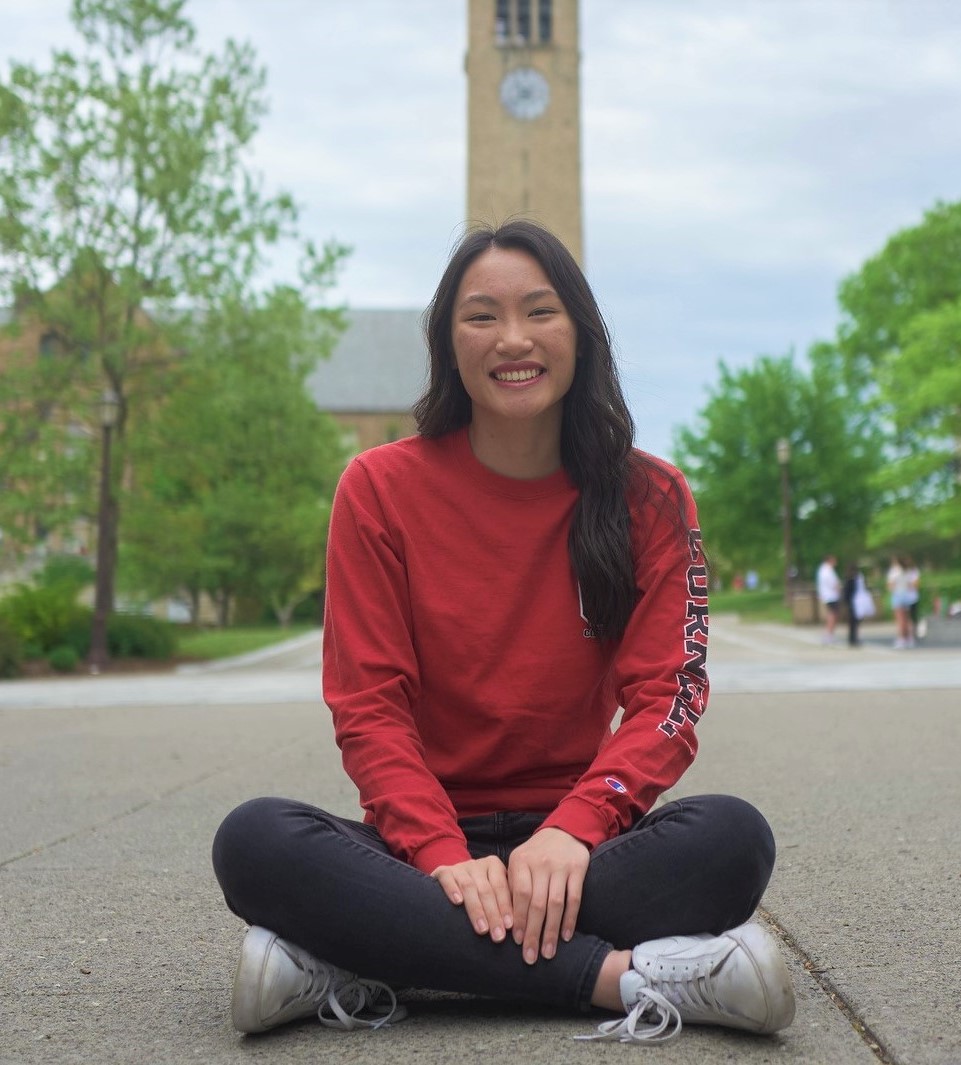 BS in Mechanical Engineering and MS Engineering in Mechanical Engineering from Cornell University
BS in Mechanical Engineering and MS Engineering in Mechanical Engineering from Cornell University
What (or who) inspired you to pursue STEM in school and/or as a career?
As early as elementary school, math and science were my favorite subjects; I loved the problem-solving involved in those classes. I was challenged to think through multiple ways to get to a solution. In high school, I joined a STEM program that gave me hands-on experience building simple machines; it was so cool to see my ideas go from notes on a paper to physical models.
Our pilot in Framingham is the first of its kind in New England, and will be an innovative way to provide clean and sustainable heating and cooling for customers.
Innovating for the future